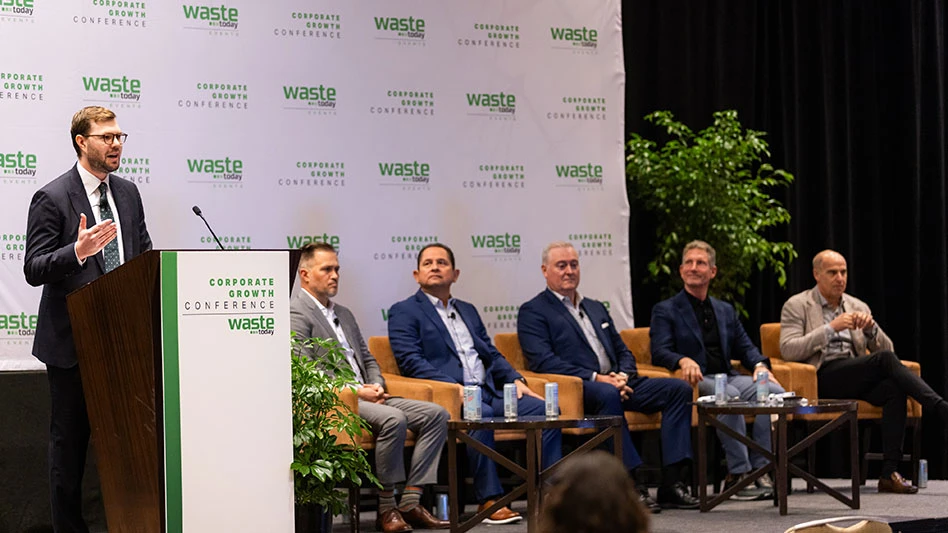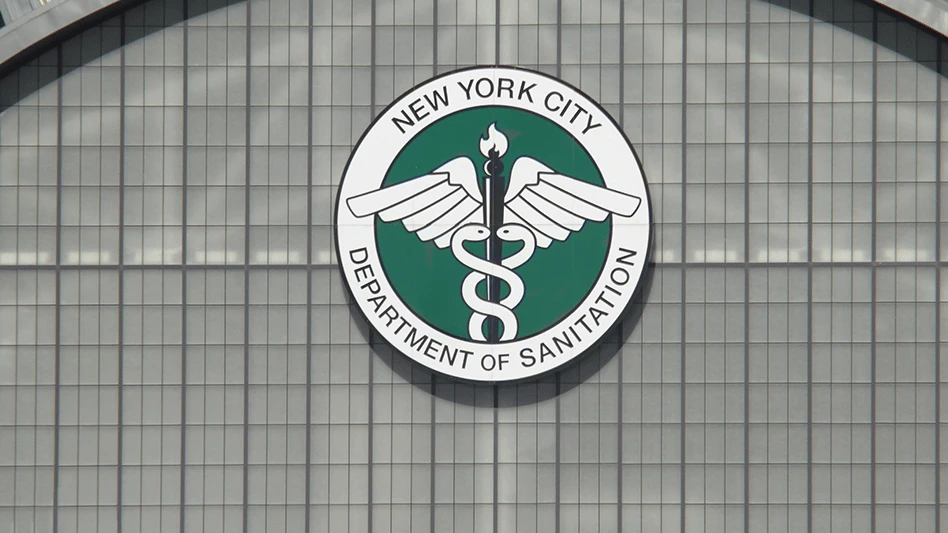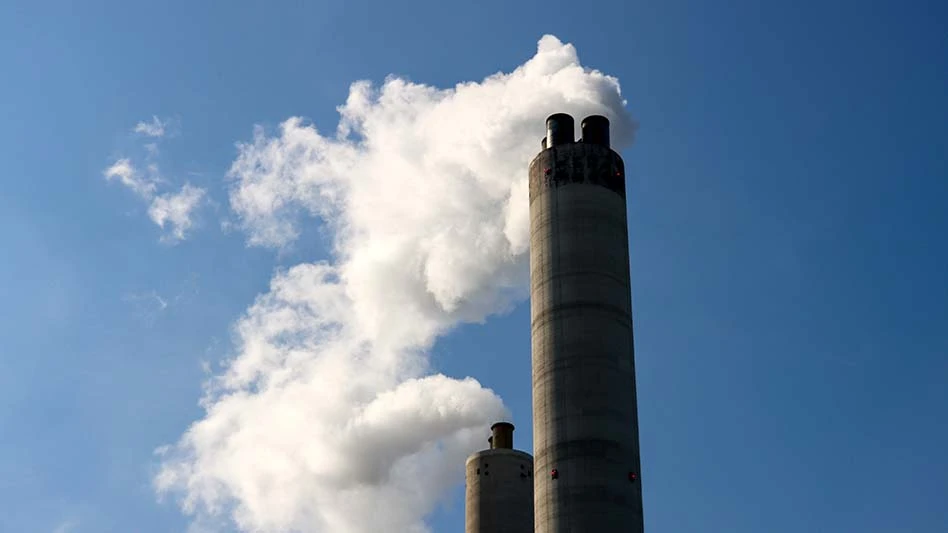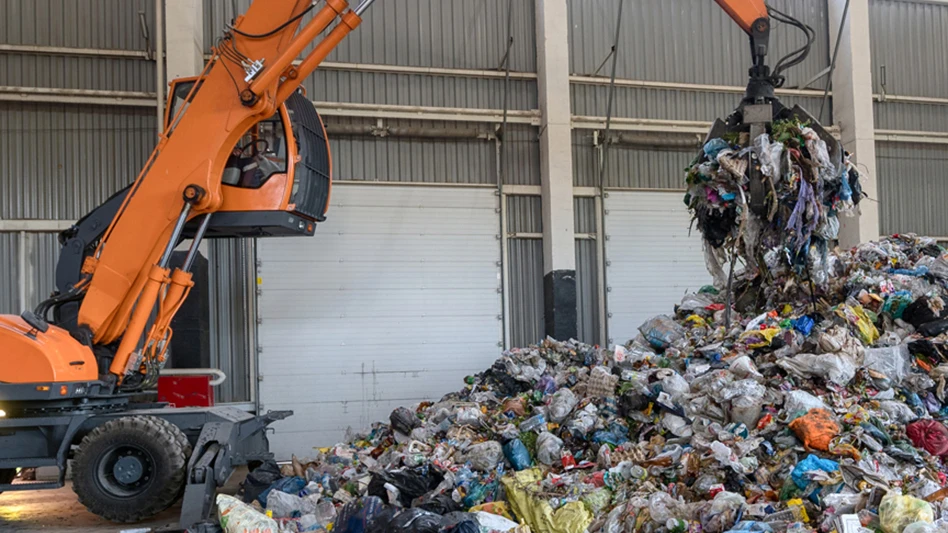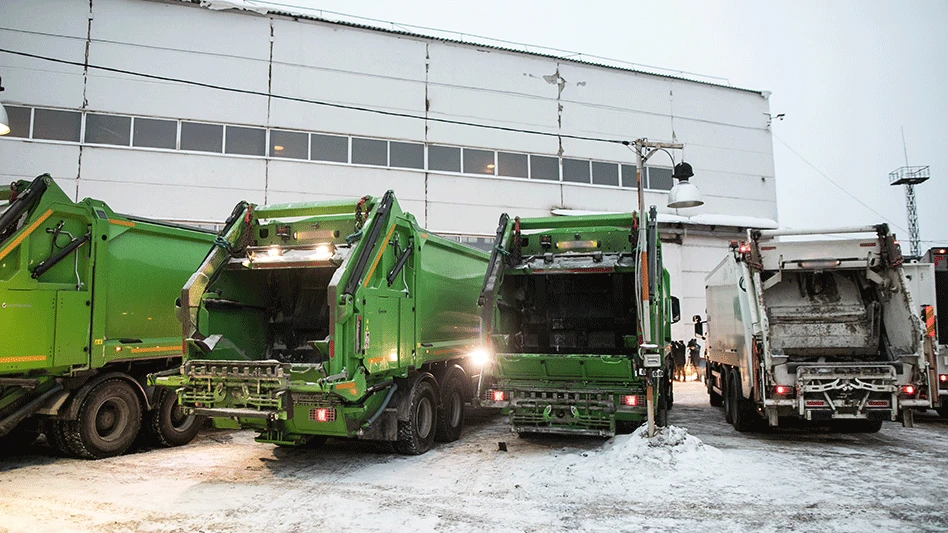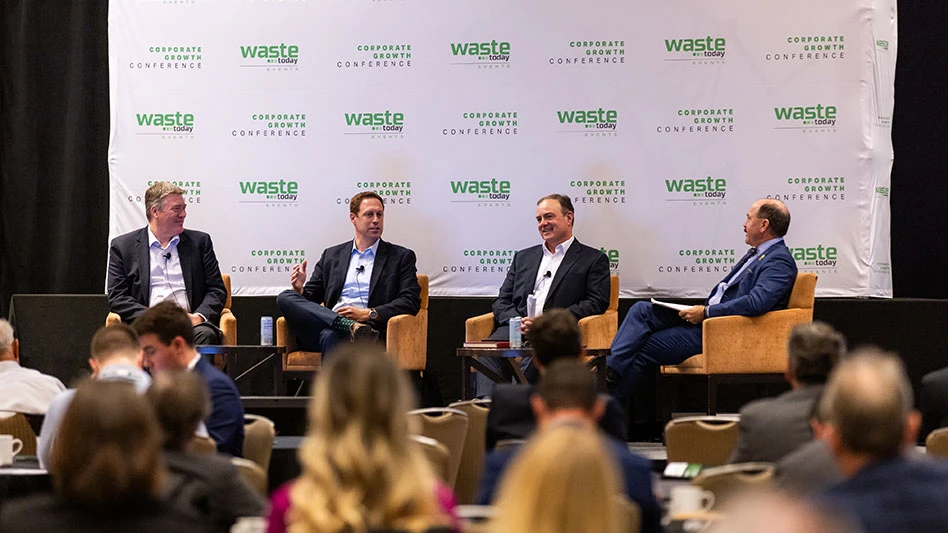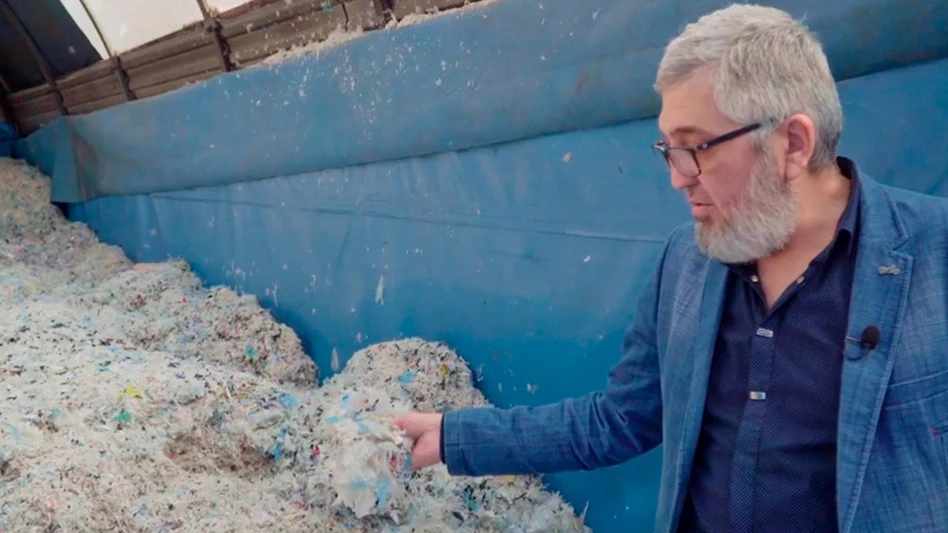
Photo courtesy of Remzi Seydametov and Ikhlyas Waste to Energy LLC
A company founded by Ukrainian engineer-inventor Remzi Seydametov says it has developed a method of “destructive distillation” of polyethylene (PE) and polypropylene (PP) scrap and equipment for that method’s implementation.
The devised units offered by Ikhlyas Waste to Energy LLC (Ikhlyas W2E) convert PE and PP plastic scrap into what the firm calls “synthetic, environmentally friendly, high-energy, low-carbon products with an unlimited shelf life.”
End products, according to Ikhlyas W2E, include “pure additives for gasoline and diesel fuel, as well as penetrating wedging lubricant, conservation lubricant, a synthetic gas mixture and carbon pigment.” Seidametov says Ikhlyas W2E has representatives in New York, Miami, Turkey and Bulgaria.
The inventor says his method can recycle any mixed PE and PP nonliquid material, in part using the firm’s “proven innovative thermo-vacuum loading technology,” which involves loading large quantities of soft plastic (including bags and film) with low bulk density into a heated reactor.
According to Seydametov, he received a United States patent for the process this January and Ikhlyas W2E is ready to offer its technology to the North American market in configurations with the capacity to handle 5, 10 or 30 tons of plastic scrap per day.
Ikhlyas W2E and its founder claim the system has been designed to handle a wide range of materials, describing the potential feedstock as “mixed plastic waste from many household and industrial products, including single-use plastic waste, labeled PE, PP, high-density polyethylene (HDPE) [and] low-density polyethylene (LDPE),” including “all types of bags and film, stretch film, tubes from toothpaste, creams, ointments, etc.”
The company says its technology can accept for conversion mixed materials packaging that has proven problematic for both mechanical recyclers and other chemical processors, including mayonnaise and sauce packets, candy wrappers, snack food packaging, vacuum packaging, shrink wrap, PET bottle labels, aseptic packaging and plastic medical waste (such as medical masks, gowns, shoe covers and syringes).
“Unlike other technologies, our innovative method and industrial model is a completely new and efficient approach,” the company says.
PE and PP are “free of sulfur, heavy metals and other harmful substances,” the company claims. The company says most of its end products require minimal additional processing, although in the case of mixed material packaging recycling, it may require “shredding and sieving to extract the aluminum foil from the carbon pigment.”
The firm also says it has developed a strategy to pursue projects for federal and private funding that could potentially be linked to the Inflation Reduction Act in the United States and to other laws and initiatives involving waste reduction, renewable and clean energy, energy storage, reduction of harmful emissions and greenhouse gases, and alternative low-carbon fuels, including aviation fuel.
Ikhlyas W2E states it “wants to start implementing [a] project in New York State, set up a demonstration site on which to build a plant for deep recycling of non-liquid plastic waste with a capacity of 10 tons per day.”
“Funding our project will be the first step in completing the circular economy, achieving sustainability goals and strengthening the energy strength and environmental security of the United States,” says Seydametov.
On its website, Ikhlyas W2E says mechanical recycling is best suited for discarded materials that can be effectively and affordably cleaned and sorted. It categorizes some 73 percent of plastic discards as “difficult to recycle polymers,” saying its process is designed to address some of that material.
Latest from Waste Today
- Aspen Waste Systems expands into Denver-metro market
- NYSAR3 seeks respondents to commercial recycling survey
- Aemitis AD system goes online
- Liebherr breaks ground on logistics center
- Rubicon appoints new CFO
- Nexus W2V attracts funding for waste conversion project in Indiana
- Republic Services signs up for oil recycling program
- Alabama city offers partnership to divert electronics from landfills
